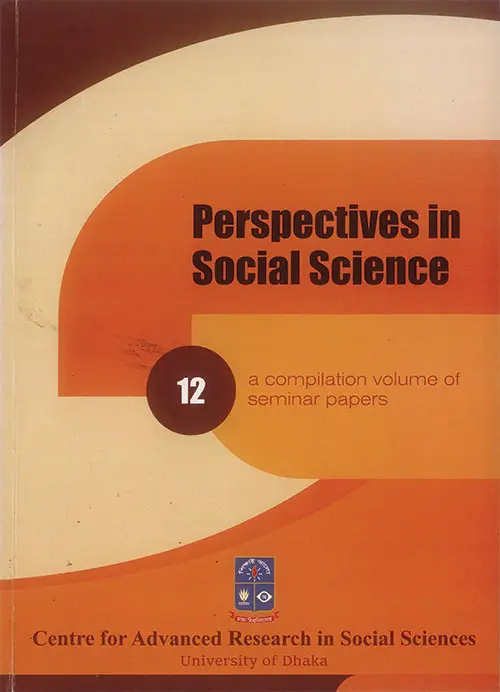
Perspectives in Social Science
Volume 12 July 2016
Perspectives in Social Science
When Confessional Parties Compromise Ideology: A Comparative Study of Jamaat-e-Islami in Pakistan, Bangladesh and India.
Perspectives in Social Science
Volume 12 July 2016
DOI:
ISSN :
Abstract
According to inclusion-moderation theory, political parties' participation in the electoral process leads to the moderation of their initial ideological position. Studies on West European political parties-- radical socialists and Christian confessional parties that entered into political space with radical ideologies support this. Against this backdrop this article aims at testing inclusion-moderation theory in the context of South Asian Islamist party Jamaat-e-Islami (JI). In order to do this we will modify moderation theory and examine JI's behavior since its founding. We will also try to figure out the specific mechanism for moderation. By studying the existing secondary literature on JI, it is found that state repression causes JI's moderation high moderation. On the other hand during democratic regimes where they faced no antagonistic forces, low moderation has been observed. We also find that moderation also takes place when JI operates in Muslim minority context. Our understanding of confessional parties would help us to put in proper institutional mechanisms that would contribute to taming the much-suspected anti-democratic forces. It will also help us to assess the political science debate regarding the (in)compatibility of Islamic tenets with democracy.
Keywords:
Party, Ideology, Politics Jamaat-e-Islami, South Asia
